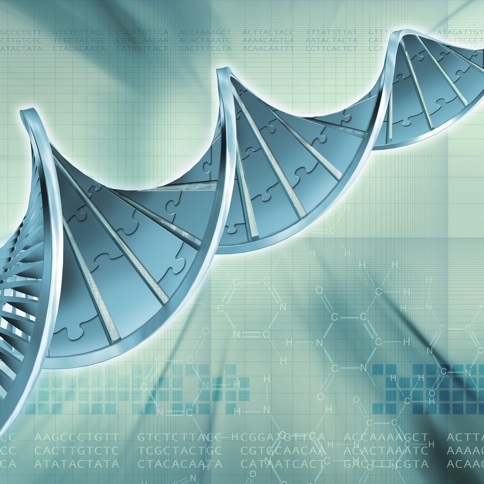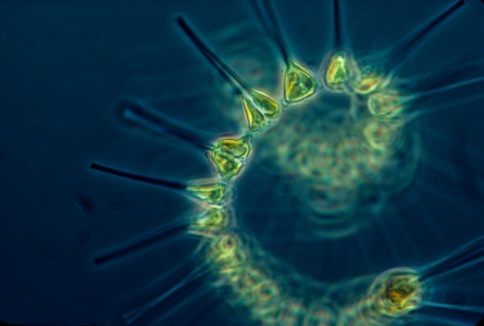Join our network
NANOPARTICLES FOUND IN COMMON FOOD PRODUCTS
Independent testing has found potentially harmful nanoparticles in a range of food products.

Australia must support a precautionary approach to synbio at COP12
As global governments meet to discuss synthetic biology (synbio) at the Convention on Biological Diversity meeting (COP12) in South Korea, Friends of the Earth is calling for a moratorium on the commercial release of synthetically modified organisms (SMOs) until a...

Conflict of interest concerns with European Commission’s expert risk assessors
A new report by Corporate Europe Observatory (CEO) raises serious concerns regarding potential conflicts of interest in the European Commission’s Scientific Committees. Looking at four recent case studies – parabens, nano titanium dioxide, nano-silver and mercury -...

Review of nanomaterials in agriculture highlights multiple risks and uncertainties
A recent review looking at the interactions between engineered nanomaterials and agricultural crops and the implications for food safety paints a disturbing picture of an industry that may be exposing us to serious health and environmental problems. The review...

Australian court hands biotech company a patent on life
"A naturally occurring DNA segment is a product of nature and not patent eligible merely because it has been isolated." These are the first words in a 2013 US Supreme Court decision regarding a patent on the human BRCA 1 gene - a product of nature that has been...

New study shows nanoparticles in sunscreen may harm marine life
A new study shows that nanoparticles of titanium dioxide (TiO2) and zinc oxide in sunscreen can react with sunlight to harm phytoplankton. Phytoplankton are microscopic marine plants and an important food source for small fish, shrimp, and whales. Phytoplankton are...


